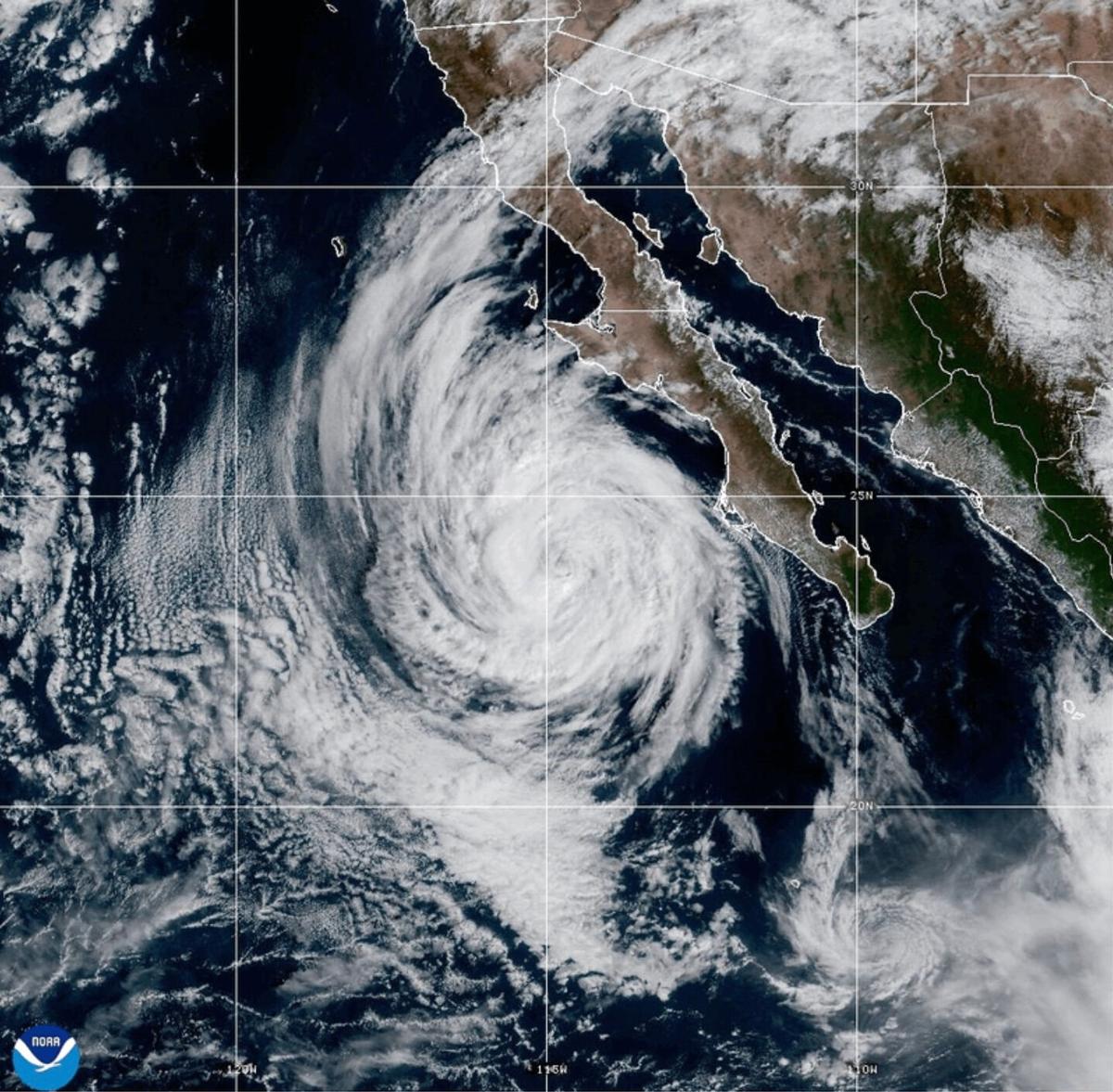December 13, 2017
Your future internet experience now rests in the hands of the Federal Communications Commission, which is expected to vote on Thursday to end rules requiring internet service providers to treat all traffic as equal. The end of net neutrality rules will mark a huge victory for the monopolistic internet service providers. Depending on how they decide to act, the vote could have massive implications for the way you use the internet.
In short, net neutrality rules treat the internet like a utility, helping to control what consumers are charged and ensuring there is no paid prioritizations, where internet service providers would be free to create so-called fast and slow lanes, allowing them to choose whether to block or slow certain websites. Large internet companies, like Netflix, Twitter, Facebook, and Youtube will be better able to afford the price of “fast-lanes,” while smaller and more independent sites won’t be able to compete.
If there is a way to slow sites down, small startup companies will be forced into paying millions in order to escape the so-called “slow lanes.” Essentially taxing every sector of the American economy, every site would cost more, since they’d all have to pay big cable. These small websites would essentially fail and won’t be able to afford “fast-lane” speeds, allowing big internet corporations to rule what people access.
According to a spokeswoman for Commissioner Jessica Rosenworcel, net neutrality is the fourth out of the seven items the FCC has on its agenda for the meeting on Dec. 14, which is set to begin at 10:30 a.m. If you would like to take action against the repeal, text RESIST to 50409 to let the people of Congress know that net neutrality is central to modern democracy.








